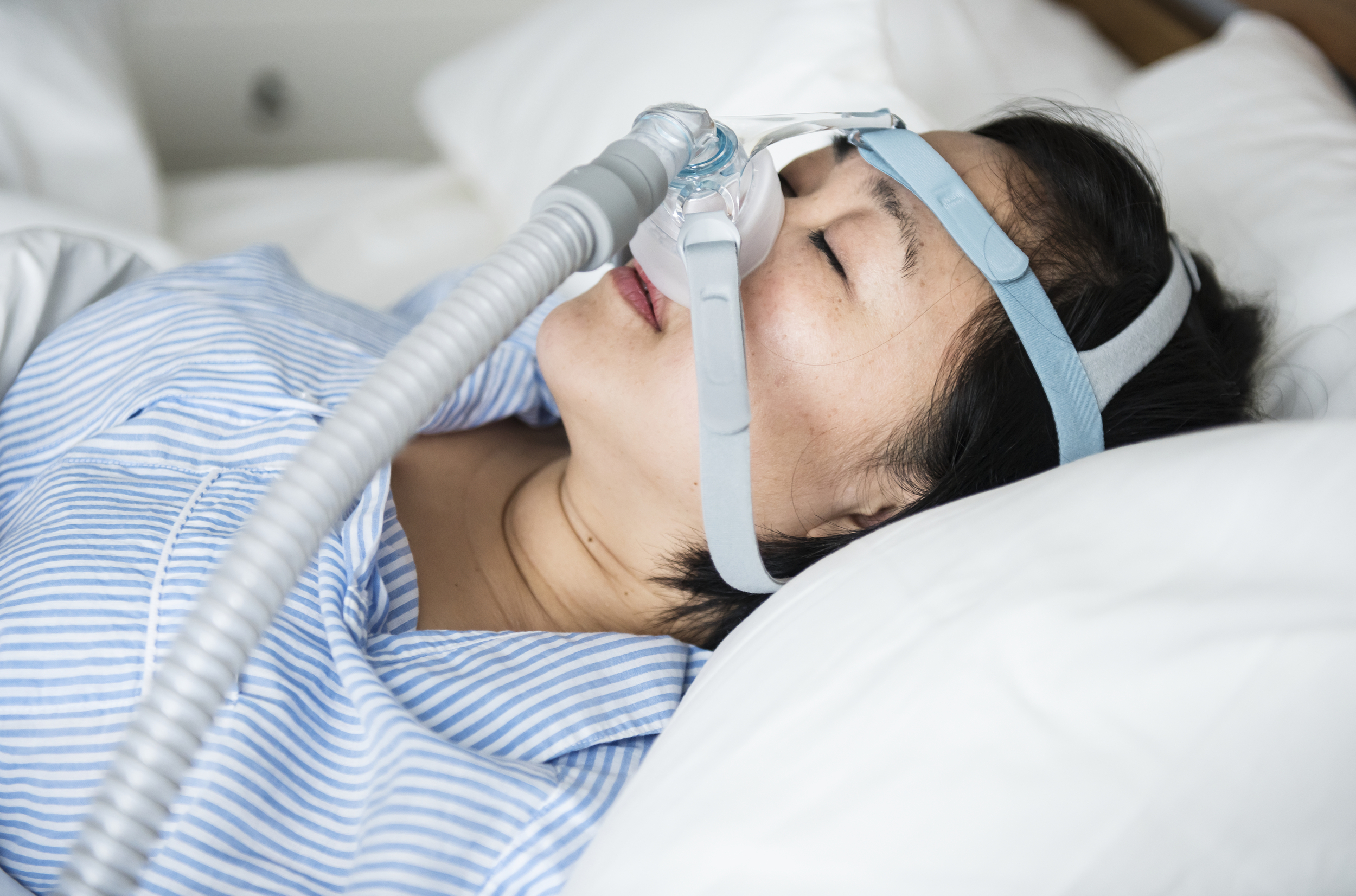

The findings of the TESLA trial, published in eClinical Medicine by researchers from King’s and Guy’s and St Thomas’ NHS Foundation Trust, indicate the possibility for a novel therapeutic alternative for patients who use a transcutaneous electrical stimulation (TENS) machine. Sleep apnea affects around 1 billion people globally, including millions in the United Kingdom. While the illness is commonly associated with snoring, persons who suffer from it regularly stop breathing during the night. The illness causes people to be overly tired during the day, lose focus, and occasionally experience headaches. People with sleep apnea are advised not to drive if they are very tired.
Many people with sleep apnea may benefit from a continuous positive airway pressure (CPAP) machine, which pumps air into a mask worn over your mouth or nose while sleeping. However, after three months, only approximately 75% of patients adhere to CPAP, and after five years, this drops to about 25%. There are few evidence-based alternatives to CPAP, although they include a specialized mouth guard that pulls the lower jaw forward, known as a mandibular advancement device (MAD), and, in certain situations, surgical treatments.
The TESLA TENS machine is a compact, battery-powered gadget with leads connected to adhesive pads known as electrodes. It is routinely used to treat pain caused by illnesses such as arthritis and during child labor, but it has never been used to treat persons with obstructive sleep apnea.
The TESLA experiment demonstrates that this can be a low-cost, non-invasive therapy method. Patients with obstructive sleep apnea were randomly assigned to either a TENS machine or a CPAP machine. The TENS machine’s gentle and continuous electric stimulation is sufficient to maintain the airway open while sleeping, allowing effortless breathing to continue.
TENS treatment improved nocturnal breathing and significantly reduced daytime tiredness in patients.
The experiment also demonstrates that this treatment could be explored for patients who do not respond well to CPAP, giving a second line treatment that is less expensive and takes less time to implement than current choices.
He added: “In contrast, a TENS machine is non-invasive, has little side effects, and is cheap. The TESLA trial shows us the potential of a new therapeutic option, transcutaneous electrical stimulation, and it will be interesting to see how the method can be used in clinical practice.”
A multi-center trial is presently being designed to demonstrate efficacy in various healthcare systems.
more recommended stories
 Chronic Pain Linked to CGIC Brain Circuit, Study Finds
Chronic Pain Linked to CGIC Brain Circuit, Study FindsKey Takeaways University of Colorado Boulder.
 New Insights Into Immune-Driven Heart Failure Progression
New Insights Into Immune-Driven Heart Failure ProgressionKey Highlights (Quick Summary) Progressive Heart.
 Microplastic Exposure and Parkinson’s Disease Risk
Microplastic Exposure and Parkinson’s Disease RiskKey Takeaways Microplastics and nanoplastics (MPs/NPs).
 Sickle Cell Gene Therapy Access Expands Globally
Sickle Cell Gene Therapy Access Expands GloballyKey Summary Caring Cross and Boston.
 Reducing Alcohol Consumption Could Lower Cancer Deaths
Reducing Alcohol Consumption Could Lower Cancer DeathsKey Takeaways (At a Glance) Long-term.
 NeuroBridge AI Tool for Autism Communication Training
NeuroBridge AI Tool for Autism Communication TrainingKey Takeaways Tufts researchers developed NeuroBridge,.
 Population Genomic Screening for Early Disease Risk
Population Genomic Screening for Early Disease RiskKey Takeaways at a Glance Population.
 Type 2 Diabetes Risk Identified by Blood Metabolites
Type 2 Diabetes Risk Identified by Blood MetabolitesKey Takeaways (Quick Summary) Researchers identified.
 Microglia Neuroinflammation in Binge Drinking
Microglia Neuroinflammation in Binge DrinkingKey Takeaways (Quick Summary for HCPs).
 Precision Oncology with Personalized Cancer Drug Therapy
Precision Oncology with Personalized Cancer Drug TherapyKey Takeaways UC San Diego’s I-PREDICT.

Leave a Comment